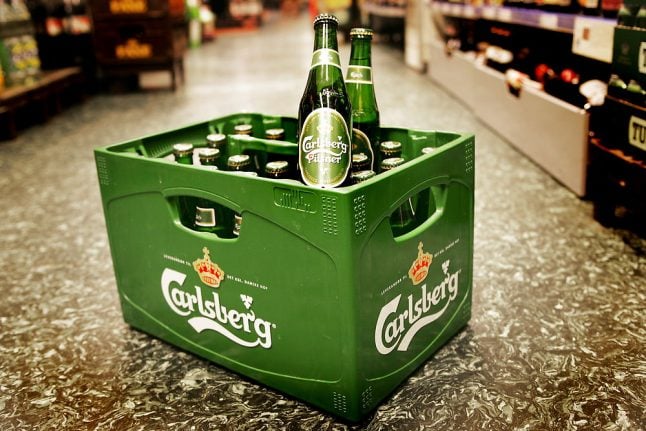Carlsberg said in a press release that it was close to selling beer in paper bottles, in part to the partnership.
Having worked on development of sustainable packaging since 2015, the company is scheduled to present two prototype paper bottles in Copenhagen on Friday.
“Although we’ve not yet reached our goal, the two prototypes are a significant step on the way to achieving our ultimate ambition, which is to bring this groundbreaking technology onto the market,” deputy director of Group Development at Carlsberg, Myriam Shingleton, said via the press statement.
A ‘paper bottle union’ between Carlsberg, The Paper Bottle Company (Paboco) and three other global companies – Coca-Cola, L'Oréal and The Absolut Company – is driving the development, according to the Danish brewery.
Paboco said that the partnership with the high-profile brands would strengthen work to create sustainable packaging.
“We are working across different retail sectors, sharing risk and are together in our vision to make the paper bottle reality which would fundamentally change the sector forever,” Paboco CEO Gittan Schiöld said.
Both prototypes are constructed primarily of sustainably grown wooden fibres and have internal coatings which enable them to contain beer.
READ ALSO: Carlsberg cans plastic six-pack rings to cut waste



 Please whitelist us to continue reading.
Please whitelist us to continue reading.
Member comments